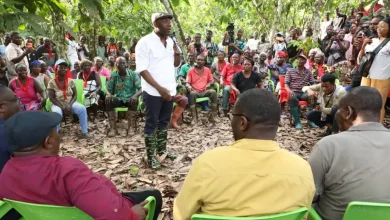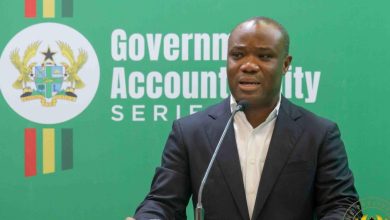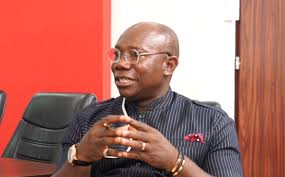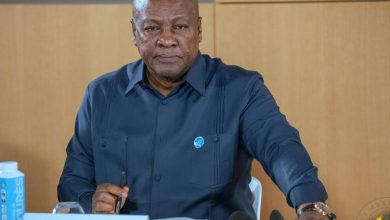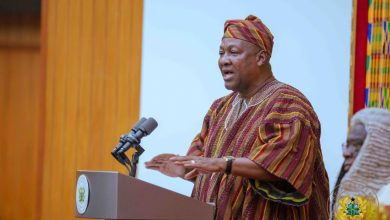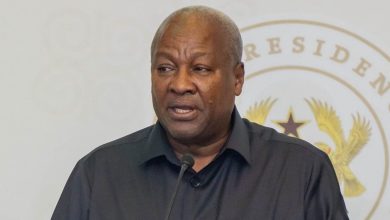2020 Election Petition: Supreme Court set bad precedent in ruling – Tsatsu Tsikata
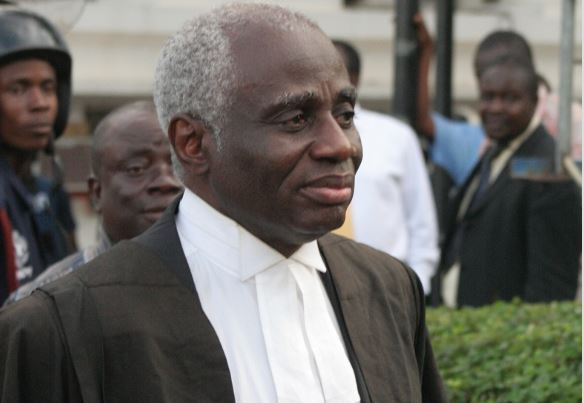
The lead counsel for John Dramani Mahama in the 2020 election petition case, Tsatsu Tsikata has taken a swipe at the Supreme Court over the ruling it delivered in the 2020 election petition case. According to Mr. Tsikata, the apex court set a bad precedent with its ruling.
Mr. Tsikata insisted that the ruling implies that the Chairpersons of the Electoral Commission (EC) can in future elections declare a candidate as a winner with wrong figures and no one can hold him or her accountable.
He argued that such a precedent is dangerous for Ghana’s democracy and peace. Speaking on the KSM show on Pan African TV, Mr. Tsikata said per the judgment, chairpersons of constitutional bodies cannot be compelled to account for their stewardship.
“…And that’s why I would humbly say that it’s a dangerous precedent because what it means essentially is that in any future election, a chairperson and the Returning Officer can come and make an announcement with numbers which nobody can really explain and those numbers do not also meet the constitutional threshold of 50%+1 and later come and say there was a mistake and there is no explanation as to how those mistakes occurred.”
The petition
John Mahama challenged the results of the 2020 polls insisting that none of the nine presidential candidates obtained the mandatory 50%+1 vote constitutional threshold to be declared the winner of the polls.
In his petition filed on December 30, 2020, Mr. Mahama sought five reliefs from the apex court. He among things asked the Supreme Court to declare the EC’s declaration of President Nana Akufo-Addo as winner of the polls as unconstitutional, null and void.
The Ruling
In its ruling, the Supreme Court said the petitioner (Mr. Mahama) failed to prove his case via his petition or through his witnesses.
Chief Justice Anin-Yeboah who read the ruling said the accounts of Rojo Mettle-Nunoo and Dr. Michael Kpessa-Whyte were immaterial to the case since the issue in contention had nothing to do with how the results were collated at the Electoral Commission’s national collation centre popularly known as the Strongroom.
“Their testimonies were unworthy in the settlement of the issues,” Justice Anin-Yeboah said.

